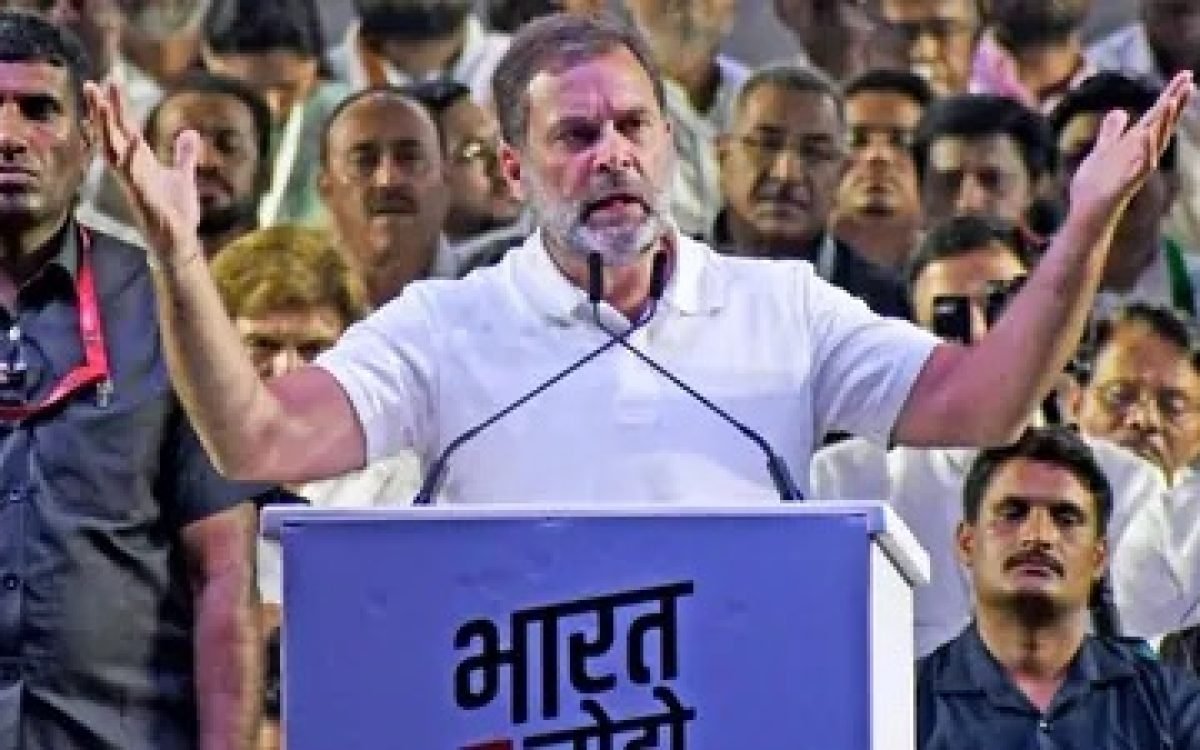In recent political discourse, Congress MP Rahul Gandhi’s use of the term ‘Shakti’ and its subsequent interpretation by the Bharatiya Janata Party (BJP) has sparked controversy and heated debate. Gandhi’s statement, perceived by the BJP as an insult to Hindu culture, has led to accusations of misogyny and ideological divisiveness. Let’s delve into the core of this controversy and analyze the various perspectives involved.
At the heart of the issue lies Gandhi’s assertion that the term ‘Shakti’ symbolizes the might of the state, particularly under the leadership of Prime Minister Narendra Modi. His remarks, alleging the compromise of institutional integrity to centralized power, have drawn ire from the BJP, which accuses him of disrespecting Hinduism and displaying a misogynistic mindset.
Ravi Shankar Prasad, a prominent BJP leader, has criticized Gandhi for purportedly insulting Hindu culture while lacking the courage to critique other religious beliefs. This rhetoric underscores the ideological divide between the two major political parties in India, with each side interpreting Gandhi’s words through their own lens of political agenda and identity.
Gandhi, on the other hand, maintains that his comments were not directed at Hinduism but rather at the consolidation of power within the current government. He argues that his use of the term ‘Shakti’ was metaphorical, referring to the concentration of authority across various sectors of Indian society.
The clash between Gandhi and the BJP exemplifies the broader ideological polarization within Indian politics, where every statement and gesture is scrutinized for its perceived alignment or opposition to prevailing narratives. This incident underscores the importance of nuanced communication in a politically charged environment and highlights the challenges of fostering constructive dialogue amid entrenched partisan divisions.
As the debate continues to unfold, it is imperative for stakeholders on all sides to engage in respectful discourse, acknowledging differing perspectives while striving for common ground. Only through dialogue and understanding can India navigate its complex political landscape and uphold the principles of democracy and pluralism.









